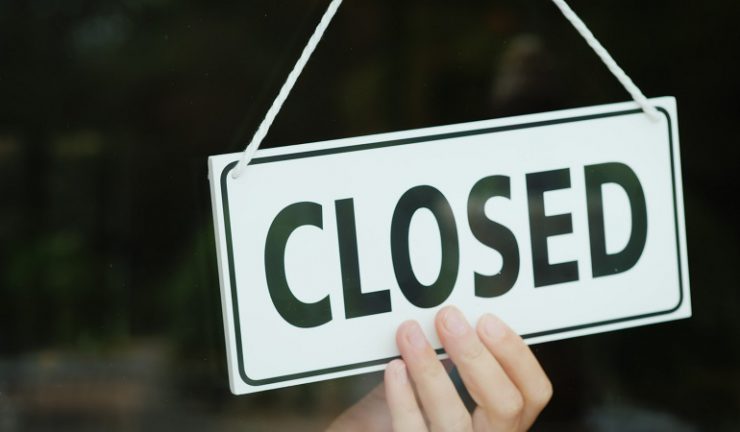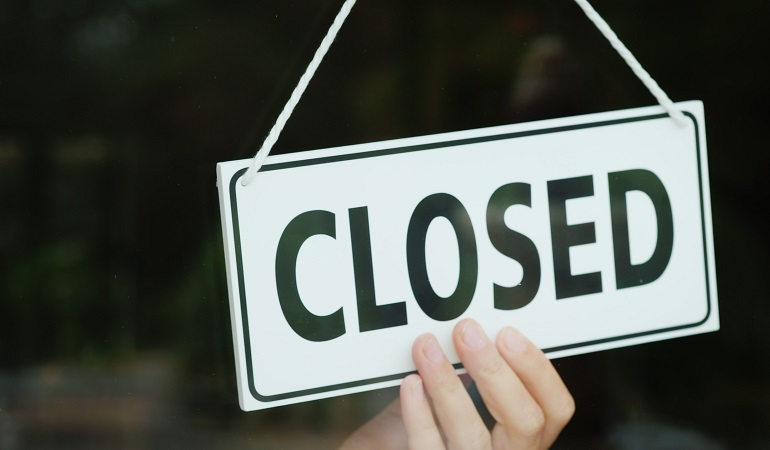The downturn in trading in the latest ABS retail trade figures confirms the severe impact of the April lockdowns on retailers, according to Australian Retailers Association CEO Paul Zahra.
ABS data for April showed a 17.7% fall in estimated retail turnover from March 2020 to April 2020, with turnover falling 9.2% in April 2020, compared with the same period last year.
The ABS April retail report comes just one day after Federal Treasurer Josh Frydenberg announced that Australian is now in its first recession since 1991.
“As restrictions lift, we are encouraged to see Australia’s retail community shifting out of crisis towards recovery. Having confirmed that we are already in an economic recession, by all measures this recovery will be slow,” Zahra said.
While the majority of ARA retail members have now reopened for business, and despite early reports of positive trading in May, significant financial difficulties will continue for retailers, he said. “In particular, we predict that the remainder of winter trade may at a topline be robust, however profitability will be a concern, which may force a number of retail closures.”
Zahra said retail recovery, particularly discretionary retail, is a bellwether for economic recovery.

“Our retail recovery is one of the most visible signs of economic recovery. Conversely, when stores close, the impact on our national mood is significant.”
ABS seasonally adjusted figures for April showed department stores down 14.9% and household goods down just 0.1% while clothing, footwear and personal accessories declined 53.6%.
National Retail Association CEO Dominique Lamb said that the ABS April report reveals the torrid time being experienced by retailers
“April was the first month to encompass the full suite of lockdown restrictions, so the sector was bracing for a giant drop in retail turnover,” she said.
“March figures were propped up almost entirely by the large-scale panic buying taking place in supermarkets. It was feared that April would see the retail rollercoaster make a downward spiral and that is exactly what has happened.
“Across retail categories there were big drops in sales for April and each state and territory went backwards on monthly turnover. There was a rise in online spending due to a natural increased demand for digital purchases, but it was a drop in the ocean compared to the nosedive taken overall,” Lamb said.
The closure of physical stores in some industries led to a rise in online retail turnover, which contributed 11.1% to total retail turnover in original terms in April 2020, up from 7.1% in March 2020. In April 2019, online retail turnover contributed 5.7% to total retail.

